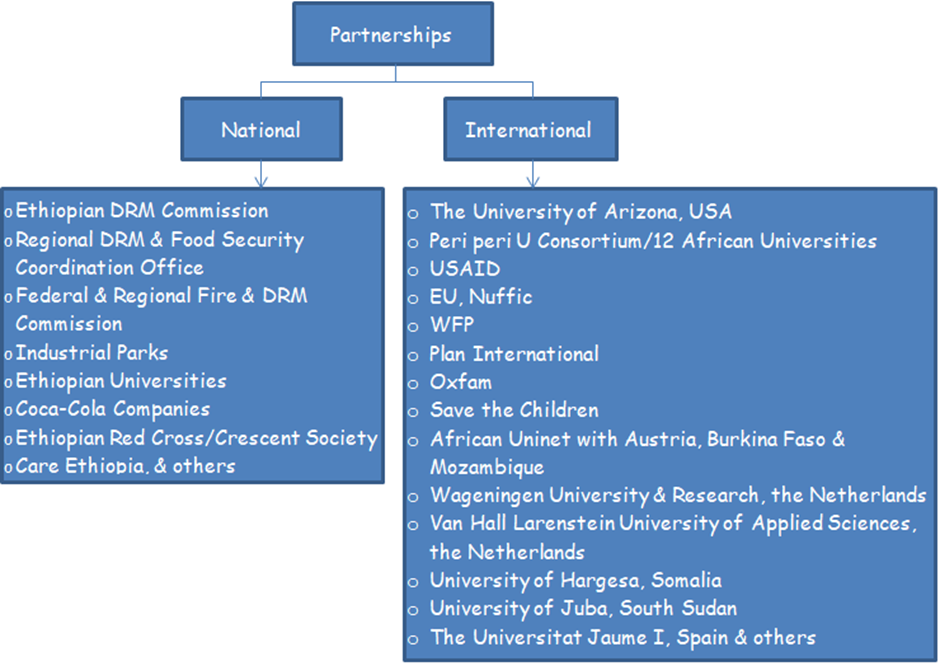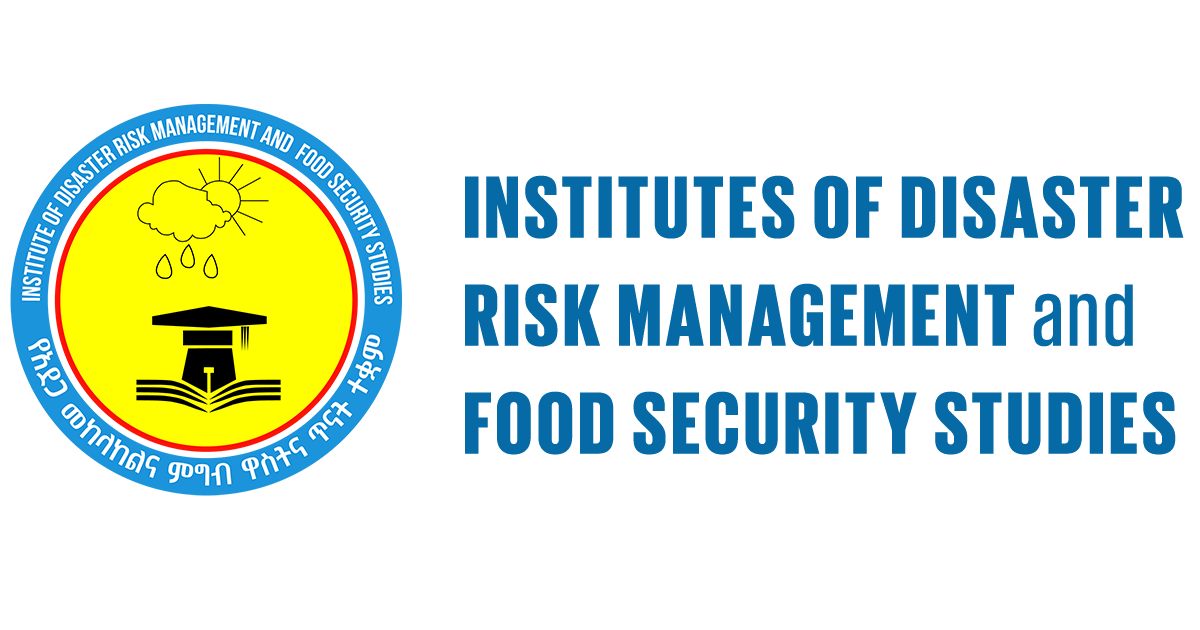Background of Bahir Dar University (BDU) Institute of Disaster Risk Management & Food Security Studies (IDRMFSS)
Disasters are a major challenge for all households, community, and countries in their effort to achieve better livelihood outcomes. Disasters set back development by destructing years of development efforts. But historically, the impacts of disasters are particularly devastating for developing countries and poor people. Ethiopia is one of the developing countries that have been challenged by number of disaster events. Based on the country’s deep-rooted history of disasters and the past disaster management experience, the Transitional Government of Ethiopia established the National Policy on Disaster Prevention and Management (NPDPM) in 1993 and restructured the existing response oriented disaster management system into a more proactive disaster management system.
The NPDPM led the shift in thinking from relief and response to development that provides an opportunity for the integration of disaster risk management and sustainable development initiatives in higher education and research institutions. As a response to the identified policy gap in human capacity, skill and research, BDU has established the department of DRMSD undergraduate program in 2005 and post graduate program in 2007. The department is promoted to an institute called Institute of Disaster Risk Management & Food Security Studies (IDRMFSS) in 2014.
Through its undergraduate, post graduate, and short course programmes IDRMFSS aims to tackle the issue in disaster risk management from a developmental perspective. This is so by offering practice based multidisciplinary courses that enables students to acquire skills and knowledge required to integrate risk management plans with government and non-government development plans in ensuring sustainable development. The ultimate outcome is to reduce the risk of loss of life and livelihood as well as property damages using information and research based practices in respect of hazards and underlying vulnerability conditions within the society.
Core Information
- About Bahir Dar University
- About IDRMFSS
- Background
- Vision
- Mission
- Core Values
- Organogram
Programs, Resources, Facilities & Services
- Programs
- Resources, facilities & Services
- Staff Profile
- Academic Staff CV
- Teaching-learning
- Research
- PG researches
- Mega researches
- External funded researches
- Community engagement
- Consultancy
- Sort-term training
- Admin. Services
- Classroom
- Library
- Laboratory
- Dormitory
- Career & Support Services
- Recreation & fitness centers
- Cafeteria
- Key Performance Indicators (KPI) & Achievements
- KPI
- Achievements
- Number of graduates since 2005
- Exit Examination
- Internationalization
- Scholarships
- Publications
- Partnerships
- Alumni
Adane tesfaye (PhD)
Director, IDRMFSS
Director’s Message
As Director of IDRMFSS at BDU, I am honoured to lead one of the university’s Centers of Excellence in addressing Ethiopia’s critical challenges in Disaster Risk Management (DRM) & Food System (FS). Our institute contributes to national development through rigorous research on disaster patterns and vulnerabilities, sustainable food systems solutions, and capacity building for professionals in these vital fields. We work closely with government institutions, local communities, and academic partners to translate research into practical interventions that enhance resilience. By combining scientific analysis with community-centered approaches, we aim to inform evidence-based DRM & FS policies while training the next generation of experts at BSc, MSc & PhD levels. As one of Ethiopia’s premier academic institution, we remain committed to collaborative, ethical research that serves our nation’s needs, and we welcome partnerships with all stakeholders working toward a more food-secure and disaster-resilient future for Ethiopia.
- Core Information
- About Bahir Dar University
The establishment of BDU is associated with the beginning of Bahir Dar Polytechnic Institute and Bahir Dar Teachers’ College. Bahir Dar Polytechnic Institute, which later transformed into Bahir Dar Institute of Technology and Ethiopian Institute of Textile and Fashion Technology in 2010, was established in 1963 under the technical cooperation between the Imperial Government of Ethiopia (IGE) and the Government of Union of Soviet Socialist Republics (USSR) to train skilled technicians in the field of agro-mechanics, industrial chemistry, and metal, textile and wood technologies. Ten years later, Bahir Dar Teachers’ College, then known as the Academy of Pedagogy, was established in 1972 by the multilateral agreement of the IGE, the United Nations Education, Science and Cultural Organization (UNESCO), and the United Nations Development Program (UNDP) to train multipurpose primary education professionals capable of adapting primary education to rural life and rural development. The two institutions were merged to form BDU following the Council of Ministers’ Regulation No. 60/1999. BDU was then inaugurated on May 6, 2000.
Located in the beautiful city of Bahir Dar and at the shore of Lake Tana, the largest freshwater body reserved by UNESCO Biosphere, BDU is now one of the largest research universities in the Federal Democratic Republic of Ethiopia (FDRE). Its enrolment capacity has now reached more than 36,000. BDU is offering educational opportunities through regular, evening, summer, distance, and e-learning programs.


Centres of Excellence

International Affairs and Partnerships

About IDRMFSS
Background
Disasters are a major challenge for all households, community, and countries in their effort to achieve better livelihood outcomes. Disasters set back development by destructing years of development efforts. But historically, the impacts of disasters are particularly devastating for developing countries and poor people. Ethiopia is one of the developing countries that have been challenged by number of disaster events. Based on the country’s deep-rooted history of disasters and the past disaster management experience, the Transitional Government of Ethiopia established the National Policy on Disaster Prevention and Management (NPDPM) in 1993 and restructured the existing response oriented disaster management system into a more proactive disaster management system.
The NPDPM led the shift in thinking from relief and response to development that provides an opportunity for the integration of disaster risk management and sustainable development initiatives in higher education and research institutions. As a response to the identified policy gap in human capacity, skill and research, BDU has established the department of DRMSD undergraduate program in 2005 and post graduate program in 2007. The department is promoted to an institute called Institute of Disaster Risk Management & Food Security Studies (IDRMFSS) in 2014.
Through its undergraduate, post graduate, and short course programmes IDRMFSS aims to tackle the issue in disaster risk management from a developmental perspective. This is so by offering practice based multidisciplinary courses that enables students to acquire skills and knowledge required to integrate risk management plans with government and non-government development plans in ensuring sustainable development. The ultimate outcome is to reduce the risk of loss of life and livelihood as well as property damages using information and research based practices in respect of hazards and underlying vulnerability conditions within the society.
Vision
IDRMFSS strives to be a center of excellence in DRM, Food Security and CCA education, research, training and information in Africa by 2030.
Mission
The institute will contribute substantially for the sustainable development of the nation through providing effective and innovative scientific findings in disaster risk science and training, as well as policy advice for the improvement of the food security situation of the country and Africa.
Core Values
- Professionalism
- Academic Integrity
- Good Governance
- Teamwork
- Community Engagement
- Equity & Inclusiveness
- Scientific Excellence
- Resilience
Sustainability

- Resources, facilities & Services
Resource and facilities provide students with essential services to support their academic and personal growth. These resources and facilities can include classrooms, libraries, laboratories, dormitories, career and various support services, recreational areas and fitness centers, cafeterias, and residence halls to enhance the overall student experience.
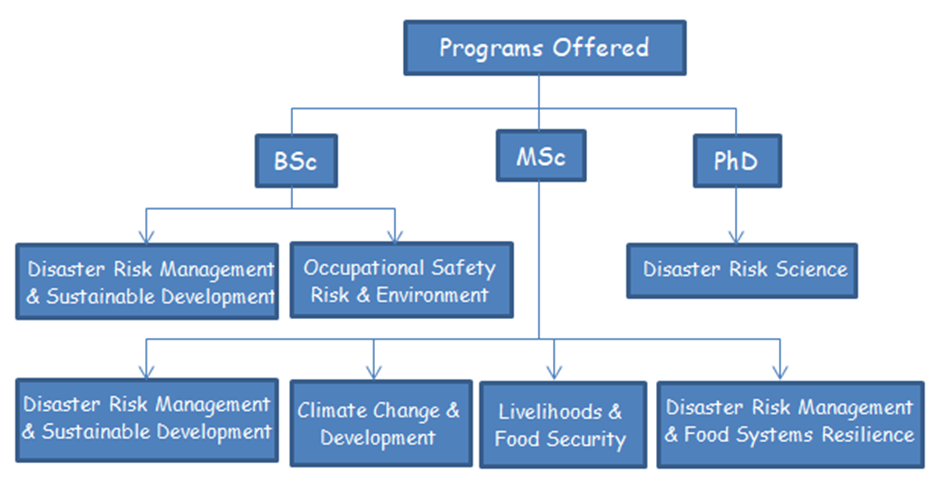
- Resources, facilities & Services
Resource and facilities provide students with essential services to support their academic and personal growth. These resources and facilities can include classrooms, libraries, laboratories, dormitories, career and various support services, recreational areas and fitness centers, cafeterias, and residence halls to enhance the overall student experience.
Staff Profile

- Academic Staff CV ()
Admin. Services
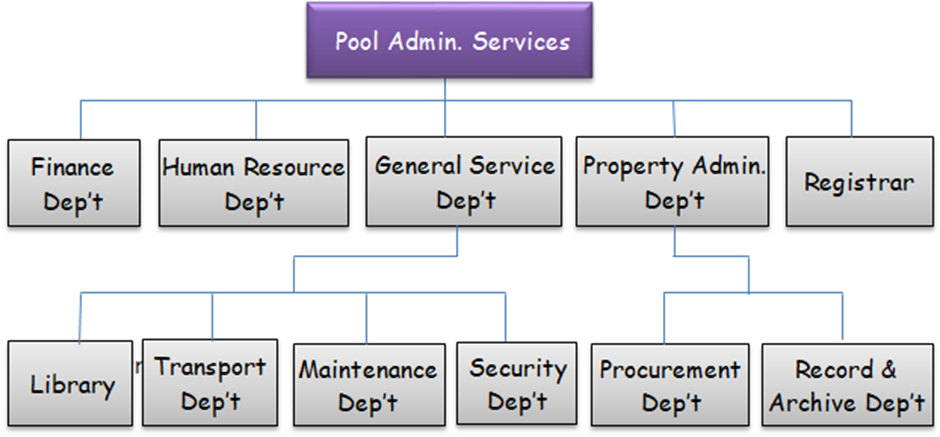
- Key Performance Indicators (KPI) & Achievements
KPI
Theme
KPI’s
I: Teaching-learning
- Access and Equity
- Efficiency
- Quality and relevance
Curricula revision and alignment
Differentiation and area of focus
Learning outcome
II: Research Affairs
2.1 University-industry linkage
2.2 Graduate education and research integration
2.3 Research output and impact (Scientific productivity and impact)
2.4 Development of research centers and institutes
2.5 Research facilities
2.6 Research funding
2.7 Research collaboration
2.8 Gender in research
III: University Social responsibility
3.1 Schools support
3.2 Road and traffic safety
3.3 Mental health and substance use
3.4 Illegal migration and human trafficking
3.5 Community engagement/Community partnership
3.6 Community Engagement and Technology Transfer
3.7 Innovation, Business Incubation, Start-up commercialization and Technology transfer
Theme IV: Internationalization and global engagement
4.1 Program internationalization and accreditation
4.2 Internationals student and faculty
4.3 Others
- Access and Equity
- Achievements
- Number of graduates since, 2005
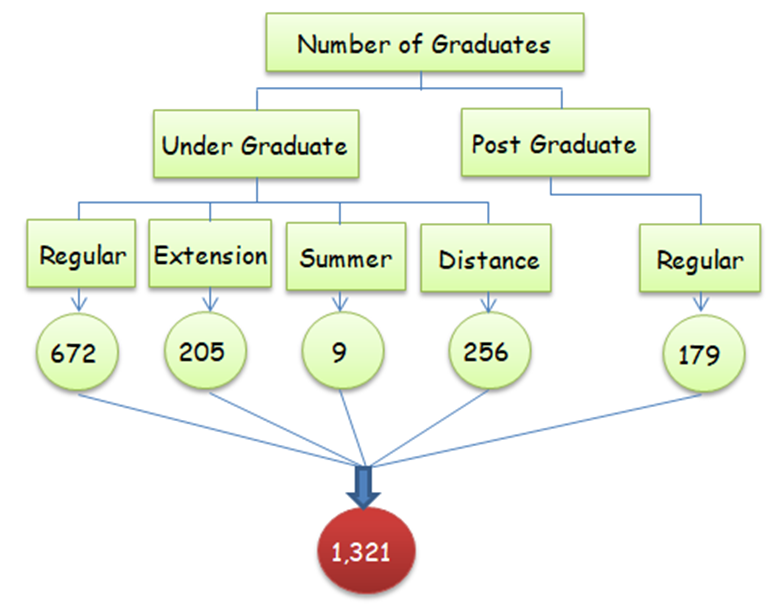
- Exit Examination
Since the start of exit exam by Ministry of Education (MoE) in 2022/23 for undergraduate students as a tool to test quality of education in higher educational institutions, IDRMFSS, at BDU has scored a tremendous achievements by passing all of the 101 students who sat for exit exam in the three rounds (years). Recording a 100% pass rate in three successive years is what makes our institute special. This can be taken as remarkable achievements.
Internationalization
IDRMFSS (being an anchor) has established a Joint Master’s Regional Programs in “Disaster Risk Management and Food Systems Resilience” with Wageningen University & Research, and Van Hall Larenstein University of Applied Sciences, the Netherlands, University of Hargesa, Somalia, and University of Juba, South Sudan.
Scholarships
IDRMFSS at BDU is known by giving scholarships to international students, especially from South Sudan and Somalia in its academic programs.
- Partnerships
